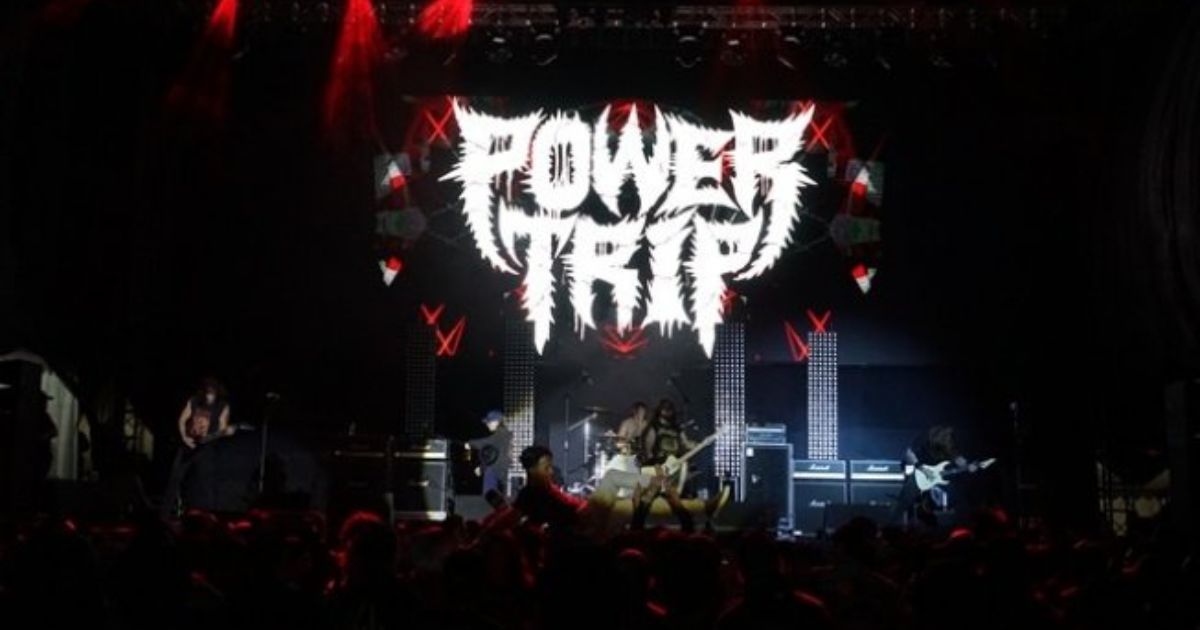Ever felt like someone was on a power trip, taking control just a bit too far? A power trip happens when a person abuses authority or tries to dominate others unfairly. It’s more than just leadership; it’s about overstepping boundaries and ignoring team input. This kind of behavior can quickly damage morale and create a tense, oppressive environment. Whether at work or in social settings, heavy-handed leadership and authoritarian overreach are clear warning signs.
Recognizing a power trip is key to stopping unfair control and restoring balance. It reveals how ego and misuse of power hurt teamwork and decision-making. True leadership listens, values fairness, and supports open dialogue. Avoiding a power trip helps protect freedom and builds stronger, healthier relationships both professionally and socially.
Other Ways to Say “Power Trip”
When describing someone’s excessive control or authority, alternatives like authority abuse, dominance display, and heavy-handed leadership capture the negative impact of a power trip. These phrases highlight misuse of power, oppressive behavior, and control overreach in social, professional, or political settings, helping convey the severity clearly.
1. Authority Abuse
Example: “His management style veers dangerously close to authority abuse, often disregarding team input.”
Meaning: This phrase underlines an already negative situation, suggesting a degree of intention to action taken holding the other person’s well-being and rights in disregard.
Usage: Best used in discussions about unethical leadership practices where someone exploits their role for personal gain or to the detriment of others.
2. Dominance Display
Example: “The manager’s constant micromanaging was less about leadership and more of a dominance display to assert superiority.”
Meaning: Dominance display involves showing control in a way that emphasizes social or professional superiority, often at the expense of others’ autonomy or freedom.
Usage: Ideal for highlighting behaviors in social or professional settings where power is used to overshadow collaboration or open dialogue.
3. Control Overreach
Example: “Her control overreach became apparent when she bypassed protocols to make unilateral decisions.”
Meaning: Control overreach happens when an individual extends their power beyond appropriate boundaries, infringing on others’ autonomy and freedom.
Usage: Appropriate in describing leadership or governance where decision-making processes suffer due to excessive control.
4. Egotistical Command
Example: “His egotistical command over the project shut down any chance for team input and collaboration.”
Meaning: This phrase captures leadership driven by ego rather than the collective good, resulting in an oppressive environment that harms team morale.
Usage: Best used when critiquing leadership styles that prioritize self-importance over ethical leadership or the welfare of the group.
5. Excessive Authority
Example: “Exercising excessive authority, she ignored established rules and protocols, causing conflict within the team.”
Meaning: Excessive authority describes wielding more power than is warranted, often disregarding agreed-upon rules and procedures.
Usage: Useful for highlighting leadership or management practices that negatively impact efficiency and fairness.
6. Heavy-handed Leadership

Example: “His heavy-handed leadership discouraged open dialogue and created discomfort among employees.”
Meaning: This term refers to overly strict or authoritarian leadership that leads to negative morale and an oppressive control atmosphere.
Usage: Apply when discussing workplace challenges involving burdensome management practices that affect employee well-being.
Read More: 16 Other Ways to Say “Research Shows”
7. Authoritarian Overstep
Example: “The board’s authoritarian overstep in governance ignored consensus and democratic processes.”
Meaning: Authoritarian overstep occurs when authorities exceed their rightful limits, imposing decisions without regard for rights or collective input.
Usage: Best for political scenarios or organizational settings where unilateral decision-making undermines fairness and consensus.
8. Tyrannical Behavior
Example: “His tyrannical behavior stifled freedom of expression and led to widespread resistance.”
Meaning: Tyrannical behavior is an oppressive, cruel use of power resembling a tyrant’s rule, severely limiting freedom and open dialogue.
Usage: Suitable for describing governance or leadership that exerts oppressive control over employees or communities.
9. Unjust Dominance
Example: “The unjust dominance she maintained in meetings prevented fairness and suppressed open dialogue.”
Meaning: This phrase highlights unfair control that suppresses participation, limiting freedom of expression and undermining morale.
Usage: Use in interpersonal or workplace contexts where leadership unfairly stifles voices and decision-making inclusiveness.
10. Autocratic Rule
Example: “Under his autocratic rule, employees had no say in the direction of their work.”
Meaning: Autocratic rule centralizes power in one person, leading to unilateral decision-making without team input or consensus.
Usage: Applies well to political theory discussions or workplace dynamics where governance concentrates power detrimentally.
11. Oppressive Supervision
Example: “Oppressive supervision caused distress among employees, lowering team morale and productivity.”
Meaning: This describes management practices that are excessively controlling and burdensome, negatively impacting employee well-being.
Usage: Ideal for workplace contexts emphasizing the human cost of heavy-handed control on employee comfort and effectiveness.
12. Power Overextension
Example: “Her power overextension in decision-making created conflict and eroded trust within the team.”
Meaning: Power overextension happens when someone stretches their authority beyond reasonable limits, leading to resistance and damaged relationships.
Usage: Suitable for social or professional settings where overreaching control disrupts collaboration and team efficiency.
When to Use Different “Power Trip” Alternatives
The choice of which alternative expression to use instead of “power trip” largely depends on the context, the intensity of the power misuse, and the specific nuances you want to highlight. These phrases can help you clearly describe various situations in workplace dynamics, political scenarios, or personal relationships where authority is misused or abused.
- Authority Abuse and Abuse of Authority: Use these terms to describe situations where leaders or managers exploit their position in unethical ways, often ignoring team input and harming employee well-being. This misuse usually results in decreased morale, lower trust, and resistance among employees.
- Dominance Display and Control Overreach: These phrases fit when someone overtly shows superiority or pushes their control beyond reasonable limits. It often occurs in social or professional settings where an individual tries to assert excessive influence, overshadowing others and disrupting healthy team dynamics.
- Heavy-handed Leadership and Oppressive Supervision: These are best when describing a management style that is overly strict or forceful, creating an environment where autonomy and freedom are stifled. This approach can burden employees with excessive rules, cause distress, and lead to an oppressive workplace culture.
- Tyrannical Behavior and Autocratic Rule: Use these expressions for more extreme cases where power is centralized, and decisions are made unilaterally without any input or consensus. Such leadership breeds fear, conflict, and negative morale, often leading to resistance and a breakdown in open dialogue.
- Egotistical Command and Unjust Dominance: These focus on situations where the misuse of power stems from personal ego or a desire to maintain unfair control. This behavior often disregards fairness, undermines democratic processes, and damages both interpersonal relationships and overall team morale.
Conclusion
In the end, understanding a power trip helps us create better teams and social spaces. When someone goes on a power trip, they misuse their authority and hurt others. This leads to low morale, conflict, and a bad work environment. Avoiding a power trip means respecting team input and valuing fairness. Good leaders do not let ego or control overreach take over. Instead, they promote open dialogue and support freedom.
Recognizing the signs of a power trip is important in both professional and social settings. It helps stop heavy-handed leadership and authoritarian overstep. When we stand against a power trip, we protect everyone’s rights and improve team dynamics. A healthy workplace or community needs ethical leadership and respect for autonomy. By stopping the power trip, we build trust, boost morale, and encourage cooperation. This benefits the collective good and makes leadership fair and effective.

Grammerroot is your trusted source for mastering English grammar and language skills. From simple rules to advanced tips, we help learners build strong foundations through easy-to-understand content. Learn smart, learn right — only at Grammer Root.




